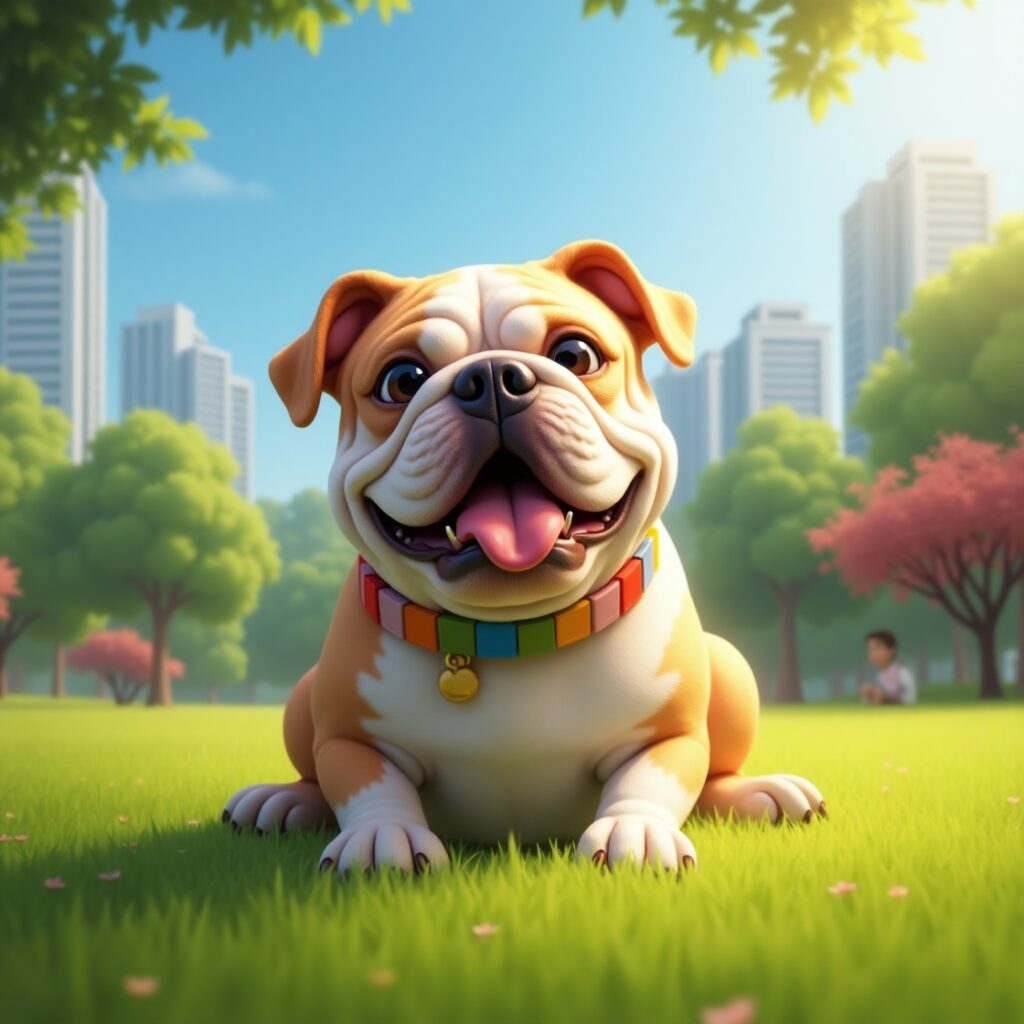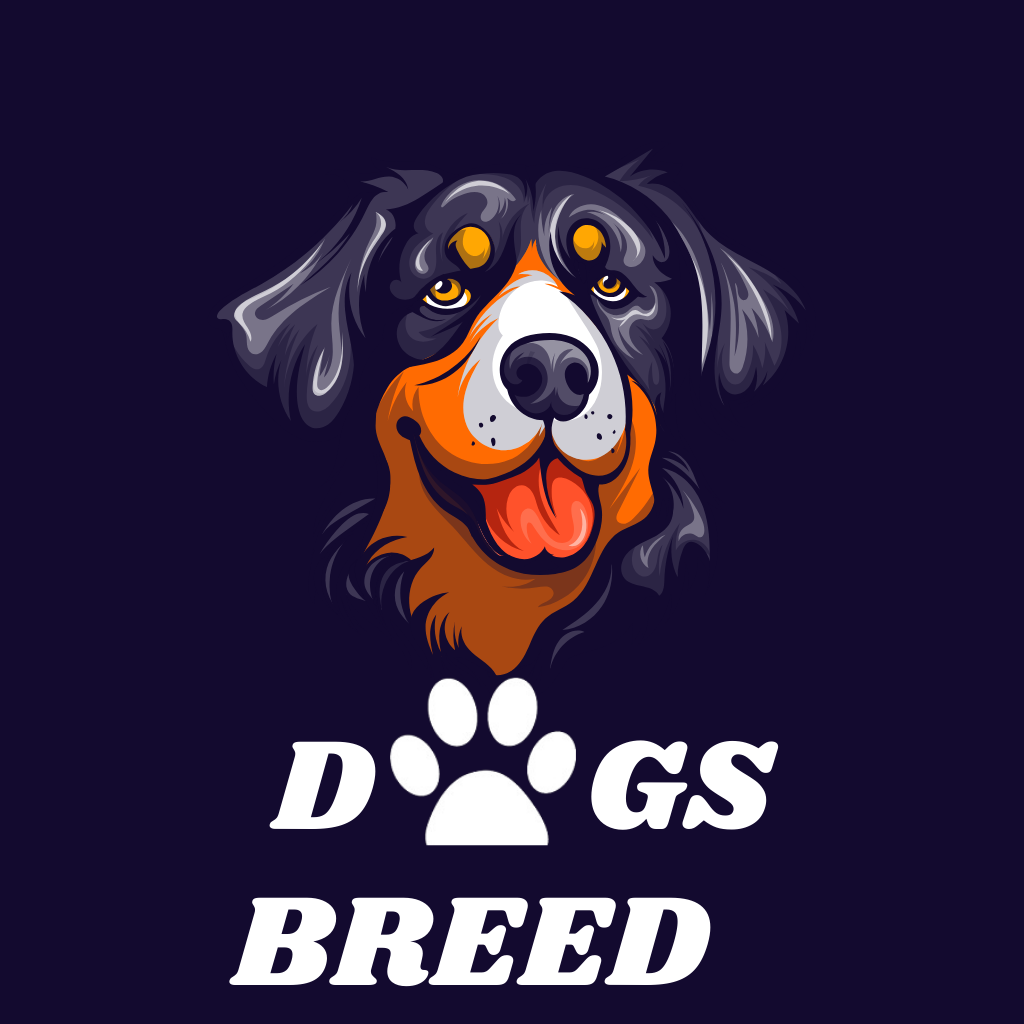Bulldogs are one of the most beloved dog breeds, known for their wrinkled faces, stocky builds, and affectionate personalities. If you’re a proud Bulldog owner or considering bringing one into your home, understanding their average lifespan and how to care for them is essential. Bulldogs typically live between 8 to 10 years, but with the right care, some can live even longer. In this guide, we’ll explore everything you need to know about the Bulldog lifespan, common health issues, and practical tips to help your furry friend live a long, happy life.

What is the Average Lifespan of a Bulldog?
On average, Bulldogs live 8 to 10 years. While this may seem shorter compared to some other breeds, it’s important to remember that Bulldogs are a brachycephalic breed, meaning they have a short, flat skull. This unique feature, while part of their charm, can lead to certain health challenges that may affect their longevity.
That said, with proper care, some Bulldogs defy the odds and live up to 12 or even 14 years. The key to helping your Bulldog live a longer life lies in understanding their specific needs and addressing potential health issues early on.
Factors That Affect a Bulldog’s Lifespan
Several factors influence how long a Bulldog lives. These include genetics, diet, exercise, and overall healthcare. Let’s break these down:
1. Genetics and Breeding
Genetics play a huge role in a Bulldog’s lifespan. Bulldogs are prone to certain hereditary conditions, such as hip dysplasia, respiratory issues, and heart problems. Reputable breeders often screen their dogs for these conditions to reduce the risk of passing them on to puppies. If you’re adopting a Bulldog, always choose a breeder who prioritizes health and ethical practices.
2. Diet and Nutrition
A balanced diet is crucial for keeping your Bulldog healthy. Bulldogs are prone to obesity, which can lead to serious health problems like diabetes, joint issues, and heart disease. Feed your Bulldog high-quality dog food that’s appropriate for their age, size, and activity level. Avoid overfeeding and limit treats to keep their weight in check.
3. Exercise and Activity
Bulldogs aren’t the most active breed, but they still need regular exercise to stay healthy. Short walks and light playtime are great ways to keep them fit. However, avoid overexertion, especially in hot weather, as Bulldogs are highly sensitive to heat due to their brachycephalic nature.
4. Healthcare and Regular Checkups
Routine veterinary care is a must for Bulldogs. Regular checkups, vaccinations, and dental cleanings can help catch potential health issues early. Preventive care, like flea and tick control, is also important to keep your Bulldog healthy and happy.

Common Health Issues in Bulldogs
Bulldogs are prone to certain health problems due to their unique anatomy and genetics. Here are some of the most common issues to watch out for:
1. Brachycephalic Obstructive Airway Syndrome (BOAS)
BOAS is a condition that affects brachycephalic breeds like Bulldogs. It causes breathing difficulties, especially during exercise or in hot weather. Symptoms include snoring, wheezing, and labored breathing. In severe cases, surgery may be needed to improve airflow.
2. Hip Dysplasia
Hip dysplasia is a genetic condition where the hip joint doesn’t develop properly, leading to arthritis and pain. Keeping your Bulldog at a healthy weight and providing joint supplements can help manage this condition.
3. Skin Infections
Bulldogs have sensitive skin and are prone to infections, particularly in their skin folds. Regular cleaning and drying of these areas can help prevent issues.
4. Heart Conditions
Bulldogs are at risk of developing heart problems, such as congenital heart defects or valve disease. Regular vet checkups can help monitor their heart health.
5. Eye Problems
Bulldogs are prone to eye issues like cherry eye, entropion, and dry eye. Prompt treatment is essential to prevent complications.

How to Help Your Bulldog Live a Longer, Healthier Life
While genetics play a role in your Bulldog’s lifespan, there are many things you can do to help them live a longer, healthier life:
1. Feed a Balanced Diet
Provide your Bulldog with high-quality dog food that meets their nutritional needs. Avoid table scraps and high-calorie treats that can lead to obesity.
2. Keep Them at a Healthy Weight
Obesity is a major risk factor for many health issues in Bulldogs. Monitor their weight and adjust their diet and exercise routine as needed.
3. Exercise Regularly
Moderate exercise is important for keeping your Bulldog fit. Short walks and light playtime are ideal, but avoid overexertion, especially in hot weather.
4. Schedule Regular Vet Visits
Routine checkups are essential for catching health issues early. Make sure your Bulldog is up-to-date on vaccinations and preventive care.
5. Practice Good Dental Care
Bulldogs are prone to dental problems, so regular brushing and professional cleanings are a must.
6. Keep Them Cool
Bulldogs are sensitive to heat, so always provide shade, fresh water, and a cool environment during hot weather.
7. Provide Mental Stimulation
Toys, puzzles, and interactive games can keep your Bulldog mentally stimulated and prevent boredom.
The Emotional Bond with Your Bulldog
While Bulldogs may not live as long as some other breeds, the love and joy they bring to your life are immeasurable. Their loyal, affectionate nature makes them wonderful companions. By understanding their unique needs and providing the best care possible, you can ensure your Bulldog lives a happy, healthy life by your side.
Final Thoughts
The average lifespan of a Bulldog is around 8 to 10 years, but with proper care, some Bulldogs can live even longer. By addressing their specific health needs, providing a balanced diet, and ensuring regular veterinary care, you can help your Bulldog thrive. Remember, every Bulldog is unique, and their lifespan can be influenced by a variety of factors. The key is to cherish the time you have with your furry friend and make their years as fulfilling as possible.
If you’re thinking about adding a Bulldog to your family, be prepared for a loving and loyal companion who will bring endless joy to your life. And if you already have a Bulldog, continue to prioritize their health and well-being to ensure they live their best life by your side.

